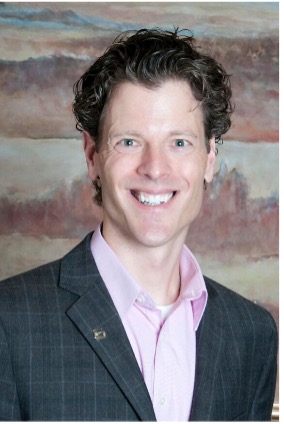Advanced Applications of HBPC™ Workshop – Faculty Spotlight
Date: 11|30|2022
Michael Kingan, DNP, APRN-BC, CWOCN

Michael Kingan
About Kingan
Kingan is a nurse practitioner with Johns Hopkins Medicine in Baltimore providing home-based primary medical care to homebound and home-limited adults and seniors. With more than 20 years of nursing experience, he has served in a variety of nursing roles, including as a surgical trauma and cardiovascular ICU nurse.
He holds a bachelor of science in nursing from the State University of New York at Brockport and a master’s of science in nursing and nursing administration from George Mason University. He earned a doctorate of nursing practice, nursing science and adult geriatric nurse practitioner (AGNP) certification from The George Washington University in Washington, D.C.
As a faculty member for HCCI’s Advanced Applications of HBPC™ workshop, Kingan will lead several discussions on managing care costs in areas such as congestive heart failure, medications, and wound care.
How did you get involved with house calls?
I became involved with house calls during my NP training. After working in hospitals for 20-plus years, I was ready for a change and really interested in developing more of a longitudinal relationship with patients rather than transactional hospital-based relationships. I was also interested in doing more to help patients and families with aging-in-place. So, when I did the house calls rotation during training, it solidified how much I loved being out in the community and patients’ homes, and building those longitudinal relationships.
Being in the patient’s home, you learn things you wouldn’t learn in the clinic. It’s very rewarding. You deal with the patient and family on a personal level—they become attached and want to know about you as much as you want to know about them. You see them through life experiences that aren’t necessarily medical—births, deaths, trips, weddings, all those types of things. Being a home-based practitioner, you also get a lot of validation about the care you provide.
How will learners benefit from the HCCI workshop?
There’s an incredible exchange of information that happens during the workshops, which I think is one of the biggest benefits to learners. Personally, I always come away learning something—and it’s a great opportunity to interact with peers from across the country.
One thing I tell learners during my talk on medications is, when you’re not sure if it’s the medicine, it’s always the medicine—and, if you’re still not sure, it’s probably the medicine. From there, we explore how to figure out what’s really going on with the medications, whether what you prescribed is being taken as you suggested, and how to address medication management in a way that helps avoid or minimize any risks associated with the medication.
What’s your most memorable HCCI workshop moment?
I’ve been participating in HCCI workshops for several years now and, again, the biggest thing is that I always come away having learned something new. It’s also remarkable to see the evolution of the programs. Every time we do one, we try to improve the next workshop—maybe do something differently, hopefully better—based on participant feedback. We usually also create a “word cloud” or word picture at the end of each workshop using keywords from what participants learned, and that’s always very powerful.